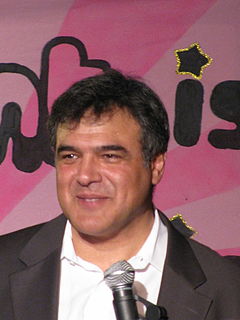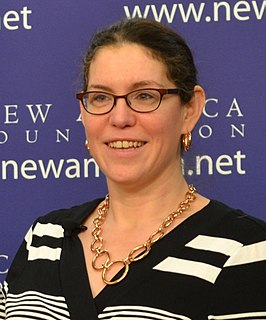A Quote by Bill Whittle
There was a time when intellectual meant someone who uses reason and intellect. Today, people who call themselves intellectuals are in a form of mental death spiral: they search for, and find, those index cards that support their world view, and clutch little red books like rosaries in the face of all external evidence. They are ruled by appeals to authority. Their self-image and sense of emotional well-being trumps any and all objective evidence to the contrary.
Quote Topics
Any
Appeals
Authority
Being
Books
Call
Cards
Clutch
Contrary
Death
Emotional
Evidence
External
Face
Find
Form
Image
Intellect
Intellectual
Intellectuals
Like
Little
Meant
Mental
Objective
People
Reason
Red
Ruled
Search
Self
Self-Image
Sense
Someone
Spiral
Support
Themselves
Those
Time
Today
Uses
View
Well
Well-Being
World
World View
Related Quotes
The process of inner self-examination brings about a knowledge that is as rigorous and supported by evidence as anything science has to offer. At the same time, this point of view redefines faith as a knowledge that is attained not only by intellectual means, but also through the rigorous development of the emotional side of the human psyche. Such emotional knowledge is unknown to the isolated intellect and has therefore been mistakenly labeled as "irrational."
It is immediately apparent, however, that this sense-world, this seemingly real external universe - though it may be useful and valid in other respects - cannot be the external world, but only the Self's projected picture of it ... The evidence of the senses, then, cannot be accepted as evidence of the nature of ultimate reality; useful servants, they are dangerous guides.
A powerful portfolio of physiological and behavioural evidence now exists to support the case that fish feel pain and that this feeling matters. In the face of such evidence, any argument to the contrary based on the claim that fish 'do not have the right sort of brain' can no longer be called scientific. It is just obstinate.
Emotional dependence is the opposite of emotional strength. It means needing to have others to survive, wanting others to "do it for us," and depending on others to give us our self-image, make our decisions, and take care of us financially. When we are emotionally dependent, we look to others for our happiness, our concept of "self," and our emotional well-being. Such vulnerability necessitates a search for and dependence on outer support for a sense of our own worth.
A letter is not a dialogue or even an omniscient exposition. It is a fabric of surfaces, a mask, a form as well suited to affectations as to the affections. The letter is, by its natural shape, self-justifying; it is one's own evidence, deposition, a self-serving testimony. In a letter the writer holds all the cards, controls everything about himself and about those assertions he wishes to make concerning events or the worth of others. For completely self-centered characters, the letter form is a complex and rewarding activity.
There is not a morsel of evidence backing up any of the claims or any of the narratives or any of the premises that make up today's news. There is not a morsel of evidence on anybody. There's not a morsel of evidence on Flynn! On Manafort! On Carter Page! There's no evidence on Trump! And yet the reporting goes on. Convicted of high crimes already without a trial. It's a great piece by Eli Lake.
I destroy because for me everything that proceeds from reason is untrustworthy. I believe only in the evidence of what stirs my marrow, not in the evidence of what addresses itself to my reason. I have found levels in the realm of the nerve. I now feel capable of evaluating the evidence. There is for me an evidence in the realm of pure flesh which has nothing to do with the evidence of reason. The eternal conflict between reason and the heart is decided in my very flesh, but in my flesh irrigated by nerves.



































